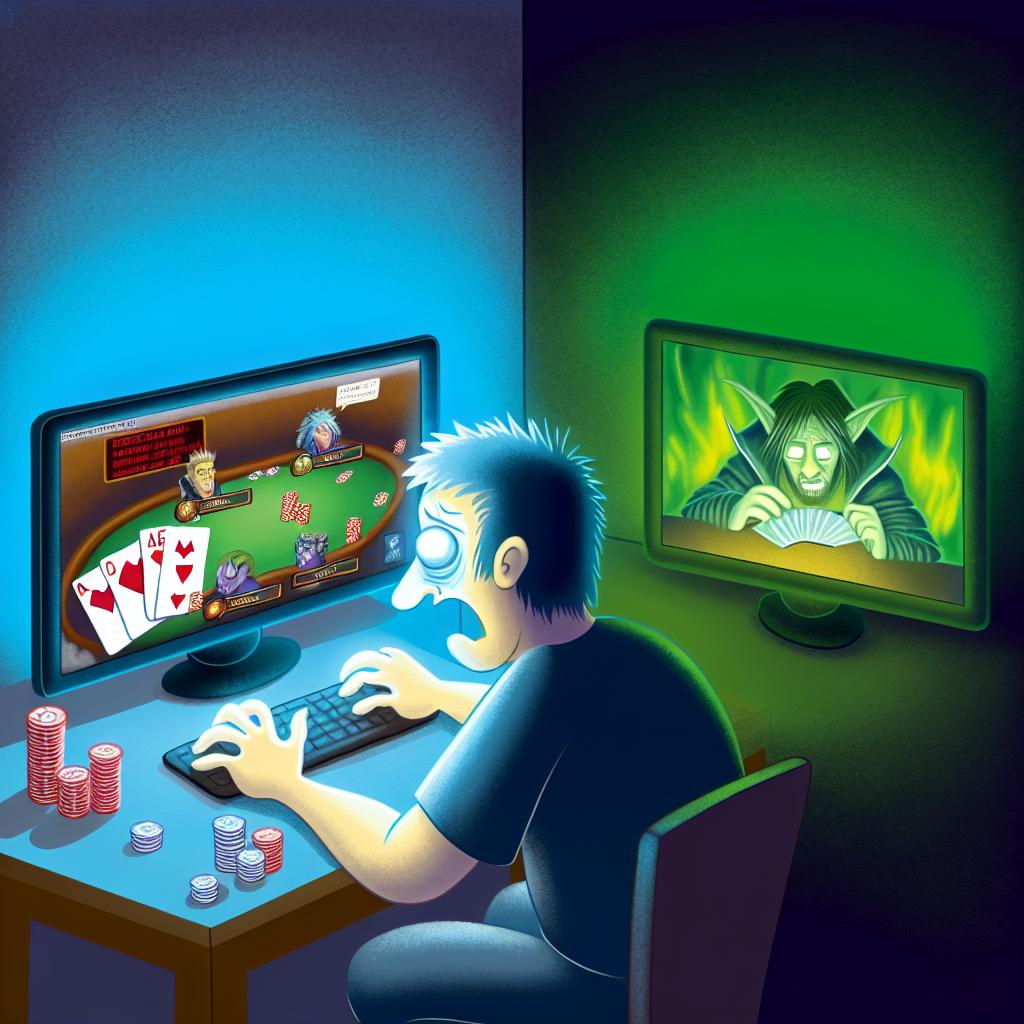Understanding Addiction to PC Gaming Platforms
The rise of PC gaming platforms, such as Steam, has markedly transformed the landscape of gaming. The way individuals access, purchase, and play games has been revolutionized, creating dynamic and engaging gaming communities worldwide. However, amidst this growth and innovation, concerns regarding gaming addiction have intensified. Understanding the underlying factors contributing to gaming addiction is essential for effectively addressing the issue.
Prevalence and Characteristics
PC gaming addiction is marked by an excessive amount of time spent on games, often at the cost of personal responsibilities and social connections. Studies indicate that a subset of gamers exhibit behaviors consistent with addiction, such as losing control over their gaming habits, neglecting other vital activities, and experiencing significant distress or impairment in their daily lives.
Mechanisms of Addiction
Understanding what makes PC gaming platforms potentially addictive is crucial in tackling the issue. Several mechanisms contribute to this phenomenon:
Accessibility: Gaming platforms like Steam provide an extensive library of games that are just a few clicks away. This ease of access encourages prolonged gaming sessions, making it challenging for players to step away. The convenience of downloading and playing games at any time facilitates continuous engagement, which can eventually spiral into addiction.
Social Interaction: The online multiplayer modes featured in many games offer players avenues for social interaction and team collaboration. These modes are compelling, as they foster a sense of community and belonging among players. The desire to connect and interact with others can motivate players to continue gaming for extended durations, contributing to addictive behaviors.
Reward Systems: Games frequently incorporate reward mechanisms like achievements, leveling up, and in-game currency, which create a loop of continuous play to achieve specific objectives. The sense of achievement and progress becomes a powerful motivator, enticing players to spend more time gaming to earn rewards and reach higher levels, reinforcing addictive tendencies.
Impact on Daily Life
Addiction to PC gaming platforms can have profound effects on various facets of an individual’s life. Over-gaming can result in several negative consequences:
Academic and Professional Decline: Gamers may find themselves neglecting academic or work responsibilities, leading to decreased performance and missed opportunities. The prioritization of gaming over more pressing obligations can hinder educational and career advancements, resulting in long-term impacts on one’s professional trajectory.
Health Issues: Prolonged gaming sessions may lead to numerous physical health problems, including eye strain, poor posture, and disrupted sleep patterns. Extended periods spent in front of a screen without breaks can exacerbate these health issues, resulting in long-term physical harm.
Social Isolation: Excessive gaming can detract from face-to-face interactions with family and friends, potentially resulting in social isolation. The diminished quality and quantity of real-world social interactions may lead to an erosion of relationships, contributing to feelings of loneliness and detachment.
Approaches to Management and Prevention
Effectively managing and preventing PC gaming addiction requires a comprehensive approach that includes the following strategies:
Self-Regulation: Gamers are encouraged to set limits on their gaming time and prioritize other life activities. Establishing a balanced schedule with designated periods for gaming, work, study, and leisure can help in maintaining a healthy gaming habit. Learning to listen to one’s body and mind can promote self-regulation and prevent gaming from becoming compulsive.
Seeking Professional Help: Individuals who exhibit signs of severe addiction may benefit from consulting mental health professionals specializing in addiction therapy. Professional counseling can provide tailored strategies and coping mechanisms to manage addiction and restore balance in one’s life.
Educational Programs: Schools and communities can implement educational initiatives designed to raise awareness about gaming addiction. These programs can offer valuable information on recognizing the signs of addiction and encourage a balanced approach to gaming, emphasizing moderation and responsibility. By promoting awareness from an early age, communities can help instill healthier gaming habits among individuals.
For those seeking further guidance on responsible gaming practices, additional resources are available online, such as [this resource](https://www.responsiblegaming.org).
Understanding the potential for gaming addiction is critical in devising effective strategies to ensure individuals can enjoy gaming responsibly without it negatively affecting their lives. By addressing the underlying causes and promoting awareness, both individuals and communities can strike a balance that allows gaming to remain a rewarding and enjoyable pastime. Through these measures, gaming addiction can be mitigated, allowing for a healthier engagement with PC gaming platforms.

